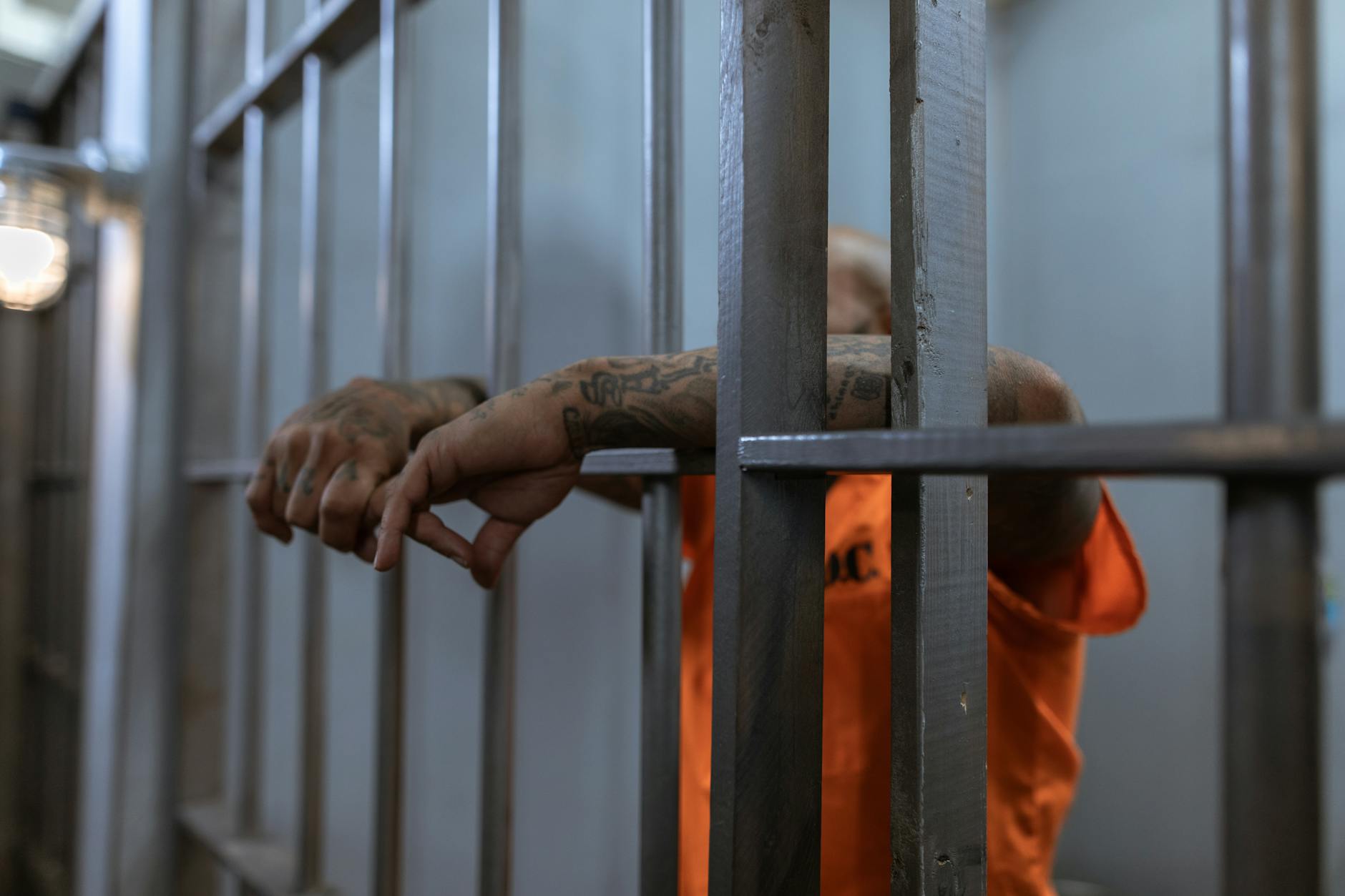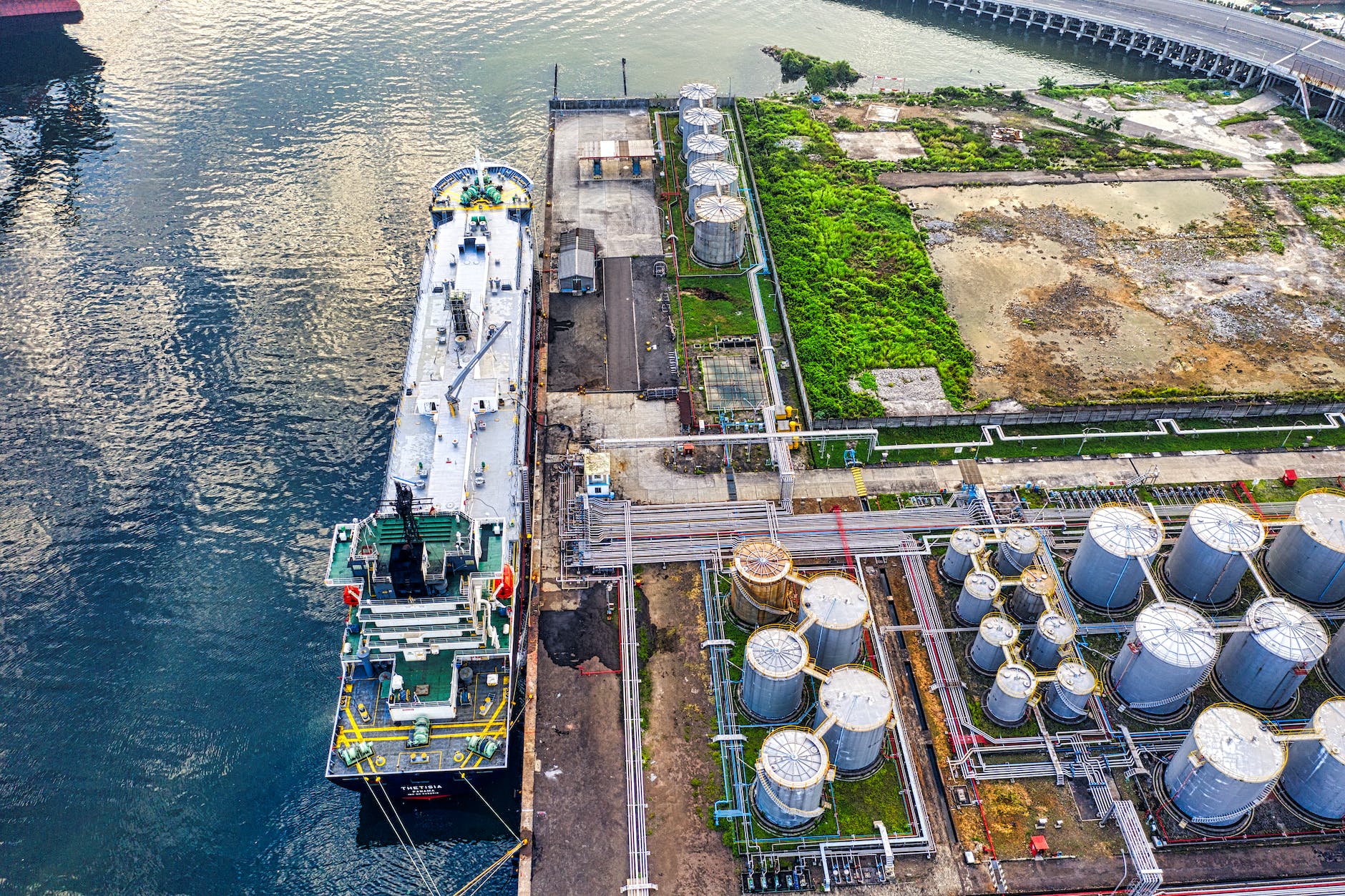Ex-Vitol Oil & Gas Trader Convicted of Bribing Foreign Officials
Following an 8 week trial, a federal jury in Brooklyn has convicted Javier Aguilar on charges relating to the former Vitol trader’s violations of the Foreign Corrupt Practices Act. He faces up to 30 years in prison. Aguilar bribed officials in Mexico and Ecuador to obtain contracts from their state-owned oil companies. He was also convicted of using a complex money laundering scheme to avoid detection.

Mr. Aguilar worked as an oil and gas trader for Vitol, Inc.’s Houston office. From 2015-2020, Aguilar engaged with officials at state-owned oil entities in Latin America, including Petroecuador (Ecuador) and Pemex (Mexico) seeking to win lucrative contracts for Vitol.
In the course of his work, Aguilar sought to and succeeded in obtaining an unfair advantage for Vitol through good, old-fashioned bribery. Aguilar was targeting a $300 million contract with Petroecuador, and arranged to bribe senior officials in order to seal the deal. In order to circumvent Petroecuador’s restriction against working with private entities, Aguilar arranged for the bribes to be paid through an unnamed Middle Eastern state-owned intermediary. Following a change in leadership after the 2017 Ecuadorean presidential election, Aguilar arranged to and, in fact did, bribe the incoming administration officials as well.
Aguilar’s work for Vitol also extended into Mexico. There, he used similarly ‘bold’ business development strategies––employing a series of fake contracts, phony invoices, and shell companies incorporated in jurisdictions like Curaçao, Panama, and the Cayman Islands to funnel approximately $600,000 in bribe payments to two officials at Pemex. In turn, Aguilar secured Vitol contracts worth hundreds of millions for ethane gas from Pemex.

At trial, DOJ deconstructed the scheme Aguilar used to disguise the payments. Aguilar’s defense team had their work cut out for them, as jurors also heard testimony from Mexican and Ecuadorean officials who attested to receiving the bribes, as well as consultants who facilitated the bribes, and an intermediary who laundered the bribes. Jurors also saw ledgers depicting the bribe payments, travel and bank records relating to the bribes, and even wiretapped phone conversations during which Aguilar tells a co-conspirator that his Curaçao money launderer “has to make up some fake contracts.” Ouch.
Vitol’s 2020 bribery scandal resulted in a $135 million penalty assessed against the company by authorities in the United States and Brazil, as well as the prosecution of individual defendants like Aguilar. As in so many FCPA cases, this scheme relied heavily on the use of corrupt third parties in an effort to conceal improper payments. Aguilar used all of the typical tools; sham consulting contracts, fake invoices, and unusual payment arrangements.

The company could have had procedures in place to detect and remediate Aguilar’s misconduct before it blew up into a nine-figure regulatory migraine. For example, the sham consulting contracts should have been reviewed by trade compliance; basic third party due diligence would have revealed that these entities were suspect. If Vitol had maintained effective internal controls, fake invoices would not have simply been paid out without first being scrutinized by legal or another gatekeeper. And lastly, unconventional payment arrangements should always be questioned. Vitol dropped the ball by failing to require further information before remitting payment to a shell company, and offshore account, or through a U.S.-based correspondent bank account. It never hurts to ask!
Needless to say, companies operating in high-risk industries like commodities trading should ensure that their compliance, legal, and internal audit teams are well-resourced and equipped with the authority necessary to do their jobs. The corruption risks present in the Aguilar case are neither new nor going away anytime soon, so plan accordingly.















